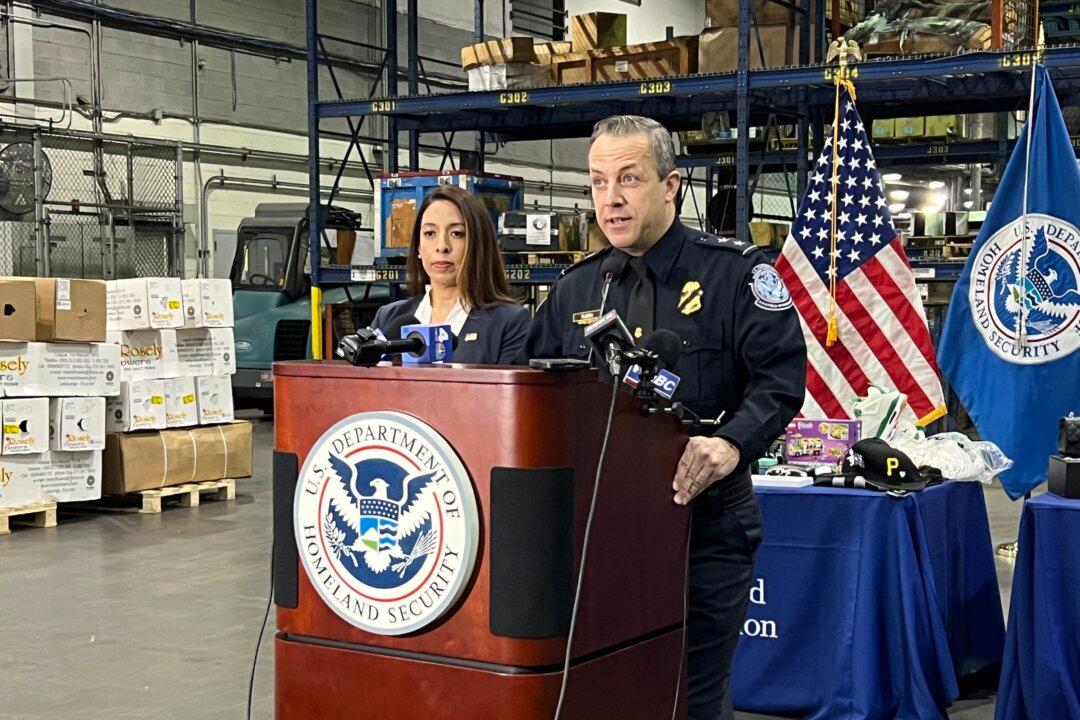U.S. officials advise shoppers on the hunt for Black Friday and Cyber Monday bargains to be cautious of counterfeit products, especially those advertised with low prices.
Officials from the Customs and Border Protection (CBP) and Homeland Security Investigations (HSI) warned that counterfeit goods could cause significant losses for American businesses and workers and put customers’ health and safety at risk.




